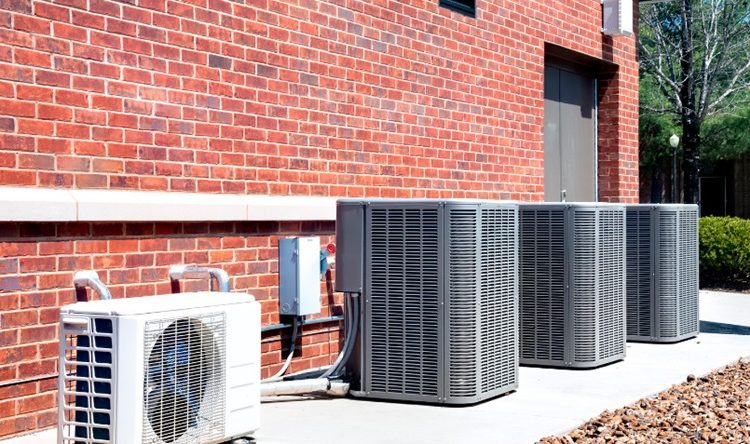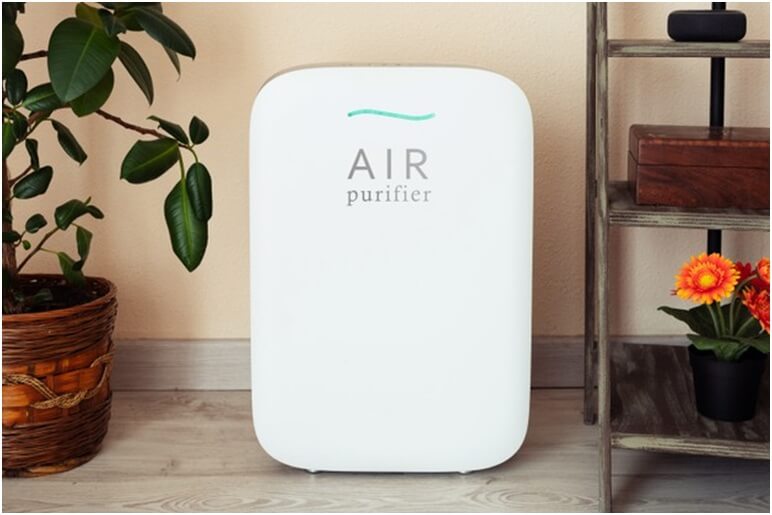
When it comes to the performance, efficiency, and environmental impact of HVAC systems, one often overlooked factor is the choice of refrigerant. The refrigerant used in an HVAC system plays a crucial role in cooling and heating, influencing energy consumption, operational efficiency, and even the overall cost of maintenance. Understanding how to select the right refrigerant is vital for homeowners and businesses alike to ensure a reliable, cost-effective, and eco-friendly HVAC operation.
Choosing the right refrigerant and HVAC in El Jobean, where the climate demands consistent and efficient performance year-round. Let’s explore why the selection of refrigerants is so significant and how it impacts HVAC systems in both residential and commercial applications.
Why the Right Refrigerant Matters
Refrigerants are the working fluids in HVAC systems that absorb and release heat to maintain desired indoor temperatures. The refrigerant’s properties determine how well the system operates, how much energy it consumes, and its environmental impact. The key factors that make refrigerant selection critical include:
Energy Efficiency
The efficiency of an HVAC system largely depends on the type of refrigerant it uses. Certain refrigerants have higher heat transfer capabilities, allowing the system to cool or heat a space more efficiently. Choosing a refrigerant with high thermal efficiency reduces the workload on the system, which in turn lowers energy consumption and operating costs. Systems using outdated or less efficient refrigerants may lead to higher utility bills, making energy-efficient options a smart investment.
Environmental Impact
In recent years, environmental concerns have driven changes in refrigerant regulations. Many older refrigerants, such as R-22 (Freon), have been phased out due to their ozone-depleting properties and high global warming potential (GWP). Modern refrigerants, such as R-410A and R-32, offer better environmental performance by reducing the risk of ozone depletion and contributing less to climate change.
When selecting a refrigerant for your HVAC system, it’s important to consider its environmental footprint. This is especially true for homeowners and business owners in El Jobean, where climate-conscious choices are increasingly important. Opting for a more eco-friendly refrigerant not only aligns with regulatory requirements but also promotes a more sustainable environment.
System Longevity and Maintenance
The type of refrigerant can also impact the lifespan and maintenance needs of an HVAC system. Some refrigerants operate at higher pressures, which may cause wear and tear on system components over time. Choosing a refrigerant that works efficiently within the system’s design can help reduce the frequency of repairs and extend the overall lifespan of the equipment.
How to Choose the Right Refrigerant for Your HVAC System
Choosing the right refrigerant requires balancing multiple factors, including environmental considerations, energy efficiency, and cost-effectiveness. Here’s a quick guide to help with the decision-making process:
- Consider Local Regulations
Before selecting a refrigerant, check local regulations. The Environmental Protection Agency (EPA) has stringent rules in place to phase out certain refrigerants like R-22, and you may be required to use alternatives like R-410A or R-32.
- Evaluate System Compatibility
It’s important to ensure that your HVAC system is compatible with the chosen refrigerant. Not all systems are designed to handle every type of refrigerant. If you’re replacing an old system, you may need to choose a refrigerant that matches the specifications of your current equipment or opt for a system upgrade that is designed for newer refrigerants.
- Prioritize Efficiency and Performance
Energy efficiency is a major factor in reducing utility costs over time. Choose a refrigerant that optimizes your HVAC system’s performance without overloading it. This will help keep your energy bills in check while ensuring that your HVAC system is functioning at its best.
Benefits of Upgrading Your HVAC System
If you’re thinking of upgrading your HVAC system or replacing an old refrigerant, it’s also an ideal opportunity to consider other improvements that can enhance comfort. For example, selecting more efficient HVAC systems can improve air quality and provide more consistent cooling and heating throughout your home or business. This blog shows how these systems transform your indoor environment types of HVAC systems and how they enhance comfort in your home.
Also read: The Role of HVAC in Allergy Management
Conclusion
In conclusion, choosing the right refrigerant for your HVAC system is essential for optimal performance, energy efficiency, and environmental responsibility. Whether you live in El Jobean or elsewhere, making an informed decision about refrigerants can result in a more efficient, longer-lasting system.



